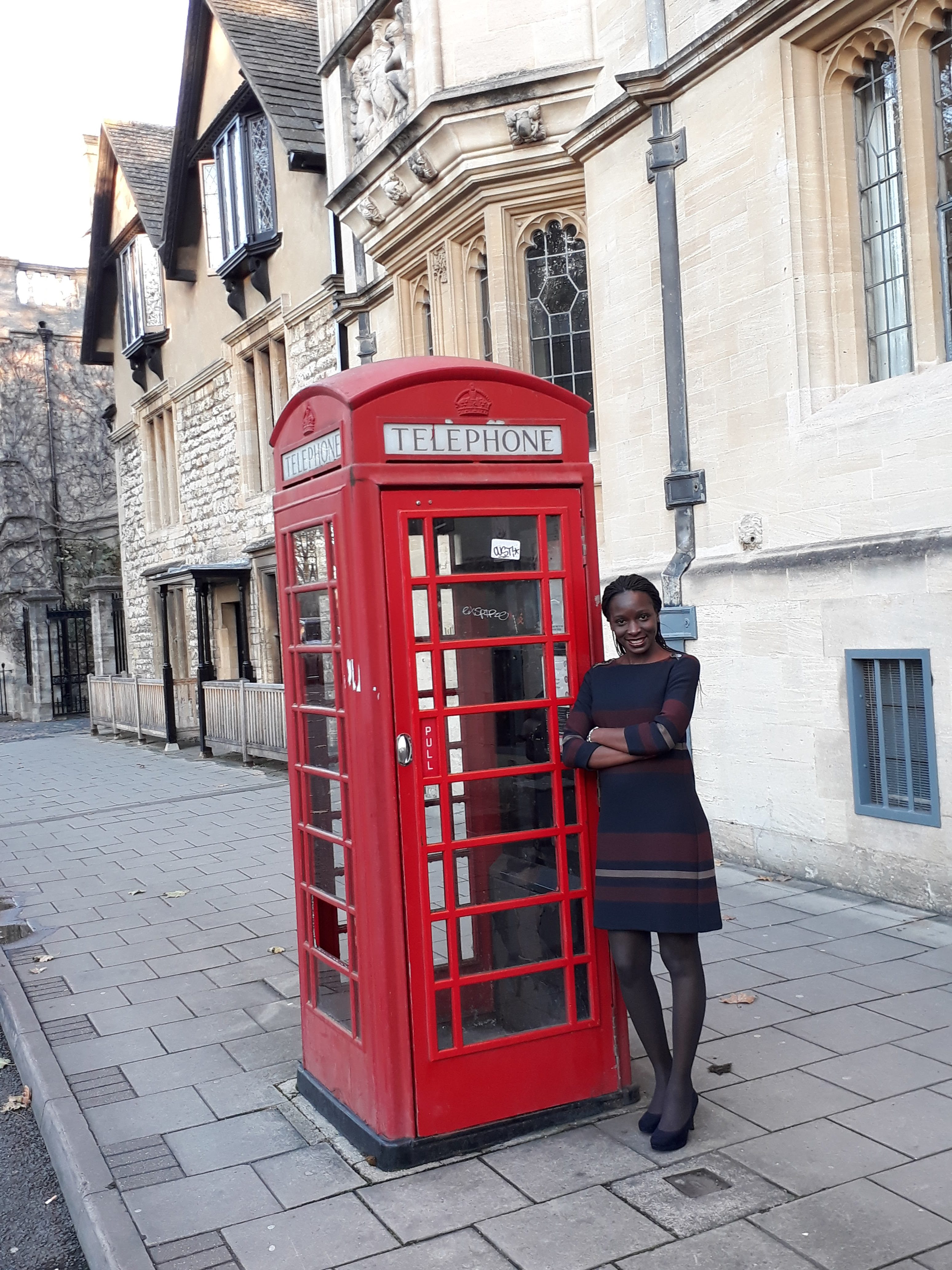This article is for you if you are a qualified teacher who trained to teach outside of England but want to teach in English schools in the UK i.e. Wales, Scotland, or Northern Ireland.
From 1 February 2023, teachers from 9 new countries will be able to apply for QTS through the Teaching Regulation Agency. By the end of 2023, this route will be opened to qualified teachers from every country outside the UK.
If you are already a qualified teacher, you do not need to retrain to teach in England. However, you will need:
- to apply for English ‘qualified teacher status’, or be able to demonstrate strong non-UK qualifications and experience
- a high standard of written and spoken English
- to pass criminal and professional safeguarding checks (these will be organised by your employer)
- a visa or immigration status allowing you to work in the UK
What's Covered in This Article
Your professional qualifications
Schools you apply to will want to see evidence of your teaching and academic qualifications. You can get a statement of comparability from the UK information centre for international qualifications and skills (opens in new window) showing how your qualifications compare to English ones.
Apply for qualified teacher status (QTS)
Qualified teachers from outside the UK are allowed to teach in England for up to 4 years without QTS – even in schools where QTS is normally a legal requirement. You can learn more about this exemption, known as the ‘4-year rule’, from the school employing you.
To be eligible for the 4-year rule, you’ll need to have:
- qualified as a teacher in a country outside the UK
- successfully completed a course of teacher training recognised by the organisation that regulates teachers in the country where you qualified
The 4-year rule exemption does not apply to:
- pupil referral units (PRUs)
- alternative provision academies
- alternative provision free schools, where QTS is required from the beginning of your employment
After 4 years, teachers from outside the UK will need QTS to teach in many state schools in England.
However, it is important to also note that qualified teacher status (QTS) is the professional status teachers in England gain at the end of their teacher training. Schools use QTS as a measure of teaching skills and experience, so you will find it much easier to get a teaching job in England if you have QTS.
In most schools, including academies, free schools and private schools, where QTS is not a legal requirement, it is used to assess the quality of candidates for teaching jobs. You may find that having QTS is beneficial when applying for jobs.
After that, you will need QTS to teach in many schools in England, although it is not a legal requirement in some types of school (for example, academy schools, free schools and private schools(opens in new window)).
It’s important to note that, even if you decide to apply for QTS, you will have to apply for your teaching job and your visa separately.
How to apply for QTS
Changes to eligibility for QTS
From 1 February 2023, applicants with a teaching qualification from the following countries and regions will be able to use the new service to check if they meet the requirements for QTS and apply:
- Australia
- Canada
- the EEA
- Gibraltar
- Hong Kong
- New Zealand
- Northern Ireland
- Scotland
- Switzerland
- Ukraine
- the USA
In addition, applicants with a subject specialism in languages, mathematics or science and a teaching qualification to teach 11 to 16 year olds from the following 7 countries will be able to use the service to check if they meet the requirements for QTS and apply:
- Ghana
- India
- Jamaica
- Nigeria
- Singapore
- South Africa
- Zimbabwe
These countries have been selected for the initial launch because research shows:
- teachers from these countries already have a substantial presence in the UK as valued members of the teaching workforce
- there is an established interest in teaching in England in these countries
- UK has strong educational ties with the country in question
The body responsible for awarding QTS will continue to be the Teaching Regulation Agency.
Restricting subject eligibility in some countries
To ensure the UK regulator offers an efficient and consistent service to all applicants for QTS and prioritise the subject specialisms most needed by schools in England, the UK has decided to temporarily restrict subject eligibility.
This will allow them to handle applications in a timely manner when received.
An update on plans to open the service to other subject specialisms will be provided by May 2023.
Rest of world
By the end of 2023, it’s the UK’s intention that teachers from every country in the world will be able to use the new service to check their eligibility and apply for QTS.
It however cannot currently give details of documents needed for countries which are not able to use the service.
The plan is to provide updates about using the service for the rest of the world by May 2023.
Qualifications and experience you’ll need to teach in the UK as a foreigner
UK will award overseas teachers QTS based on an assessment of each individual’s qualifications and experience against set requirements. You will be guided through the documents you need to submit as part of the application.
From 1 February 2023,, to be awarded QTS as a non-UK teacher, you must:
- have an undergraduate degree of the same academic standard as a UK bachelor’s degree, as verified by UK ENIC
- have completed teacher training that meets the standard of a level 6 qualification and is of at least the same length as an English initial teacher training course – for example, a Bachelor of Education or a Postgraduate Certificate in Education
- have completed a course with content that is practically and pedagogically focused
- be qualified to teach children aged between 5 and 16 years
- have at least one school year (a minimum of 9 months including school holidays but excluding time out taken for any other reason) of professional experience working as a teacher after qualifying
- have the professional status needed to be a teacher in the country where you qualified, and not be subject to any conditions or restrictions on your practice
You must also meet a certain standard of English language proficiency. This means you must be able to show one of the following. You have:
- been born in, hold citizenship of, or have studied at undergraduate level (or higher) in England, Scotland, Northern Ireland, Wales or in one of the exempt nationalities
- been taught in English at undergraduate level (or higher) – you will need to provide evidence that English has been the medium of instruction (MOI) of your degree
- sat a CEFR B2 level English language test at a secure English language test (SELT) provider and met a CEFR B2 level of English proficiency
A B2 level is equivalent to the following test scores from the approved English language test providers:
- IELTS SELT Consortium – 5.5
- LanguageCert – 33/50
- Pearson – 59
- Trinity College London – Pass
- PSI Services (UK) Ltd – Pass
If you are a teacher with a qualification from Ghana, India, Jamaica, Nigeria, Singapore, South Africa or Zimbabwe, you must also have one of the following:
- a teaching qualification that meets the standard of a level 6 qualification qualifying you to teach children aged 11 to 16 in mathematics, languages or science
- a teaching qualification that meets the standard of a level 6 qualification qualifying you to teach children aged 11 to 16, and a bachelor’s degree made up of at least 50% mathematics, science or a language (excluding English) taught in English state schools, for example:
- French
- German
- Italian
- Japanese
- Latin
- Mandarin
- Russian
- Spanish
Mathematics and science qualifications
In future, the UK intends to ask overseas teachers applying for QTS for evidence that they hold a:
- mathematics qualification which meets the same standard as GCSE grade 4
- science qualification which meets the same standard as GCSE grade 4 (for teaching primary school)
Research shows that applicants find it difficult to provide this evidence.
UK plans to introduce these criteria later, at the end of 2023. This will allow it to learn how best to support applicants to meet them.
You will not have to pay a fee or undergo further training.
Find a teaching job in UK as overseas trained non-UK citizen
coming soon…..



